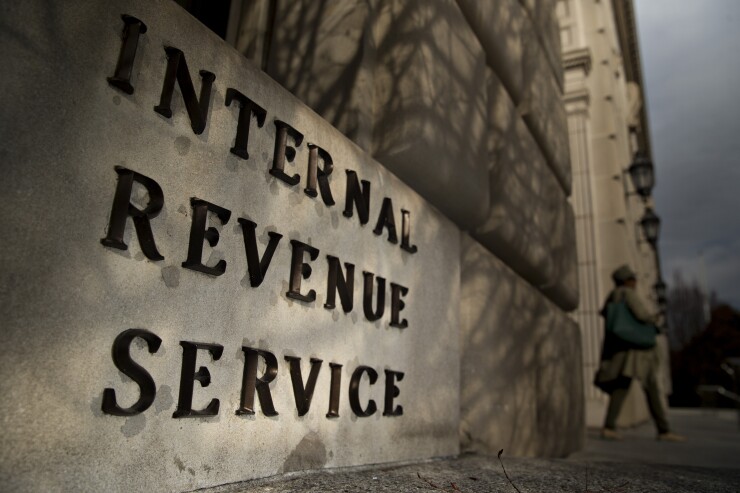The Internal Revenue Service has issued a revenue procedure permanently establishing its Small Business/Self Employed Fast Track Settlement program, after pilot-testing the program in recent years.

The SB/SE division originally launched FTS as a pilot program in September 2006 in Chicago, Houston, and St. Paul, Minn., and expanded it in December 2007 to Philadelphia, central New Jersey, San Diego, Laguna Nigel, Calif., and Riverside, Calif. In 2013, the IRS extended the program nationwide (see
The program is modeled after a similar program that has long been available to larger businesses with more than $10 million in assets. The FTS program uses alternative dispute resolution techniques to help taxpayers save time and avoid a formal administrative appeal or lengthy litigation. Audit issues can usually be resolved within 60 days, rather than months or years, according to the IRS.
The IRS has made some changes in the program over the years, though. The program is no longer available for cases under the jurisdiction of the IRS’s Tax Exempt and Government Entities Division because the IRS established a permanent, separate fast track settlement program for TE/GE taxpayers in 2012. The case eligibility criteria have also been modified, requiring that issues remain unresolved after the involvement of an IRS group manager.
The IRS has also added a good faith requirement that bars taxpayers who fail to respond to the IRS or provide documentation. The program is not available for issues docketed in any court. It’s also not available for issues precluded from settlement by previous closing agreements, adjudication, or Supreme Court precedent. The program is also unavailable for issues for which the IRS decides would not be in the interest of sound tax administration. It also doesn’t apply to so-called “whipsaw” issues, such as joint returns where both spouses do not agree to participate in the same FTS session or where a spouse is claiming innocent spouse treatment. Taxpayers who avail themselves of the program are not eligible to use post-appeals mediation for any issue considered during the Fast Track Settlement process if the parties fail to resolve the issue or if either party withdraws after the start of the SB/SE FTS session.





